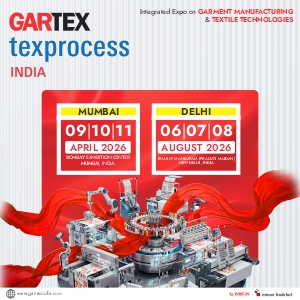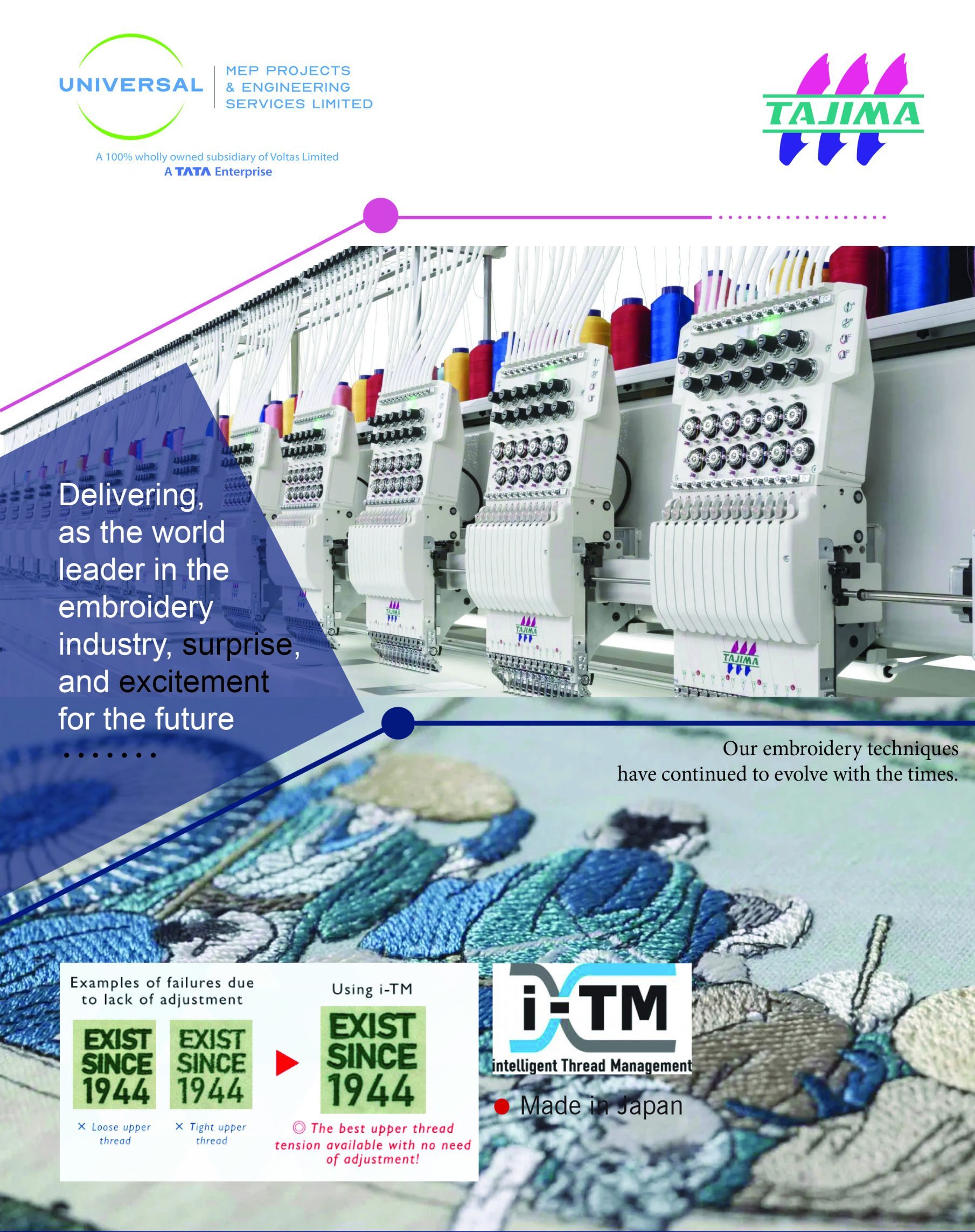 The Maharashtra Govt. has decided to extend financial assistance worth almost Rs. 61 cr to two cooperative spinning mills in and Ahmednagar in keeping with its integrated textile policy. Another mill linked to rural development minister Girish Mahajan is in the queue for clearance, sources say. The state cabinet cleared share capital assistance to the two spinning mills despite opposition from the state finance and planning departments.
The Maharashtra Govt. has decided to extend financial assistance worth almost Rs. 61 cr to two cooperative spinning mills in and Ahmednagar in keeping with its integrated textile policy. Another mill linked to rural development minister Girish Mahajan is in the queue for clearance, sources say. The state cabinet cleared share capital assistance to the two spinning mills despite opposition from the state finance and planning departments.
They pointed out that 142 cooperative spinning mills owed the state Rs. 3,396.5 cr in terms of share capital. The state had managed to retrieve only Rs. 37 cr share capital dues from cooperative spinning mills till 31 March 2023, it pointed out. In terms of total financial assistance from the state, including share capital and interest-free loans, the cooperative textile mills owe the state Rs. 4,782 cr, data shows.
The two mills set to receive assistance are the Ashirwad cooperative spinning mill in Jalgaon’s Pachora taluka, the constituency of Shiv Sena MLA Kishor Dhansing Patil (Rs 32.4 crores), and the Pingala cooperative spinning mill in Ahmednagar’s Shevgaon taluka (Rs 28.3 crores).
The state’s integrated textile policy for 2023-28 aims to promote the sector, which is said to be the second-highest employment enabler in the state after agriculture. The state accounts for 10.4% of the country’s textile and apparel production. The textile policy divided the cooperative spinning mills into zones and declared the percentage of state share capital assistance per zone.
For 2024-25, the state has budgeted Rs 600 cr for financial assistance to cooperative spinning mills. The decision to provide financial assistance to the two mills was initially taken by the cabinet sub-committee for textiles and later by the state cabinet.
Both the state planning and finance departments opposed the state’s share capital assistance to the two cooperative textile mills mainly on the grounds of pending dues that lay unretrieved from the 142 mills assisted so far.
In addition, the state planning department had pointed out that there should be a distinction between non-merit subsidies and merit goods such as expenditure on health and education. It pointed out that high spend on subsidies results in less funding available for development spending, which impacts the state’s progress.

















